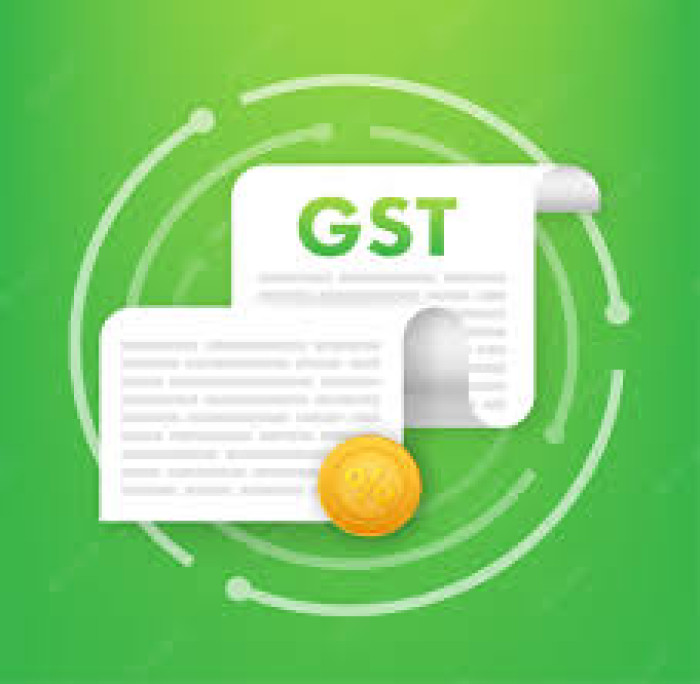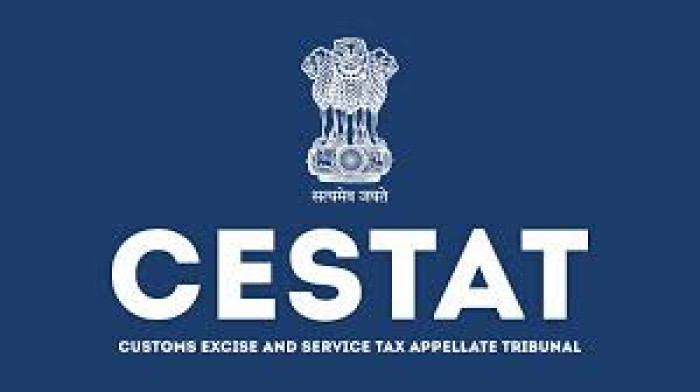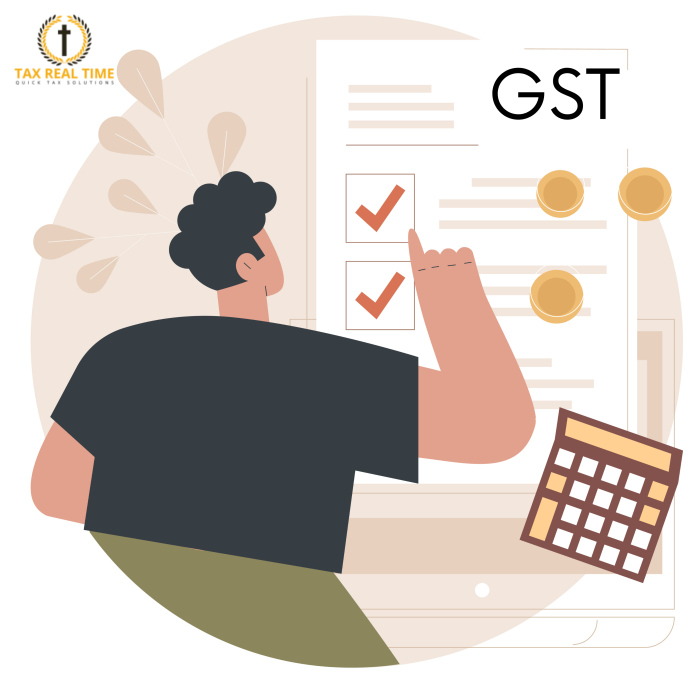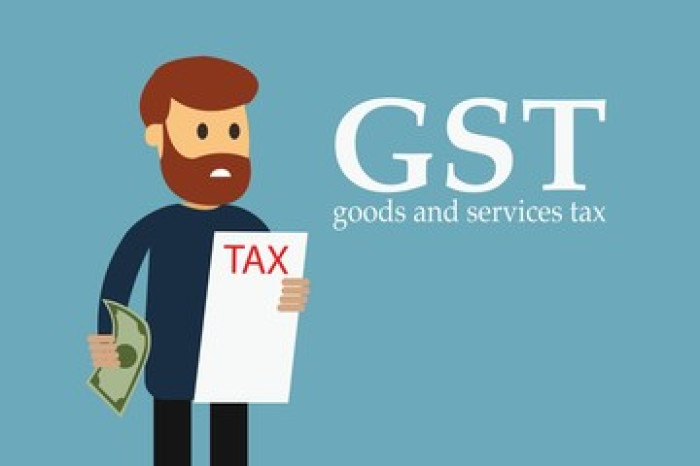Service Tax – Cestat Hyderabad: The intent to suppress duty must be established to invoke penalty under extended period of limitation - Respondent was to gain nothing by evading and as respondent itself would pay with one hand and immediately take credit of the service tax so paid – Penalty set aside and appeal dismissed.
.jpg)

Your free trial / membership plan is expired.
Kindly subscribe to get complete access to indirect tax updates and issue wise cases
Why subscribe to us ?
Get complete access to news updates and download copy of case laws/ notification/ circular etc.
Be a part of our WhatsApp group and read real time indirect tax updates
Access to ready case laws of General Issues and Industry Wide Issues under GST
Access to relevant provisions of law / circular in respect to the issues, along with trail of their amendments
Write your GST query to us for evaluation
Subscription Charges:*
Indirect tax updates -
6 months @299 / 1 Year @499 only
Indirect tax updates + Issue wise cases -
6 months @1199 / 1 Year @1999 only
*Plus applicable GST
Admin
23-Jun-2022 06:26:52
Order date – 09 June 2022
Facts –
- The respondent, M/s Dredging Corporation of India, is engaged in Dredging Services and is a Govt. of India Enterprise and is centrally registered with the Service Tax Department.
- The Show Cause Notice was issued against the Respondent as they hired two foreign dredgers from outside India and have not paid service tax on the hiring charges paid to the said foreign owners as import of service.
- During the adjudication, the respondents paid the service tax and interest and prayed for waiver of the penalty.
- The authorities invoked section 80 of the Finance act and dropped the whole penalty imposed; hence an appeal was filed by the Revenue.
Issue – - Whether the Adjudicating authority was correct in invoking section 80 of the Finance Act, 1994 to drop the penalty as proposed in the SCN for delay in payment of service tax.
Order – - The Authorities observed that it is a well settled legal position that suppression is not mere omission (which could also be careless or negligent) but a positive act of suppression. The qualifying clause makes it abundantly clear that there must be an intent to evade payment of duty. The existence of such an intent can only be inferred from the facts of every case.
- It was observed that the respondent was to gain nothing by evading and it’s not a case that somebody else would get CENVAT credit but the respondent itself would pay with one hand and immediately take credit of the service tax so paid and hence no intend to evade can be established. As per the Supreme Court judgment of AMCO Batteries as further clarified by lerger bench of Supreme Court in Mahindra & Mahindra, this is a very significant factor in the present case to establish that there was no intent to evade. In the absence of the intent, suppression cannot be alleged and therefore, extended period of limitation could not have been invoked.
- Therefore, the authorities found nothing inconsistent wrong in the Commissioner invoking section 80 to waive the penalties. Appeal dismissed.
Related Post
Post Category
Your free trial/ membership plan has expired. Kindly subscribe to get complete access of tax news updates.

Why subscribe to us ?
Get complete access to news updates
Access to the Order Copy of the case law/ Notification/ Circular etc
Be a part of our Whatsapp group and read real time tax updates
Access to ready case laws/ circulars on general and industry-wide issues under GST
Submit your GST issues to us for evaluation




















